
B.E. IN COMPUTER Science &
Engineering ( DATA Science )
Approved intake
60
Duration
4 Years
About THE
PROGRAMME
The CSE (Data Science) programme emphasises developing students’ skills in statistical and mathematical reasoning, machine learning, knowledge discovery and data visualisation. Upon completion, graduates will possess interdisciplinary expertise spanning statistics, computer science and machine learning, opening career paths in diverse sectors including healthcare, business, e-commerce, social networking, climatology, biotechnology, genetics and other significant domains.
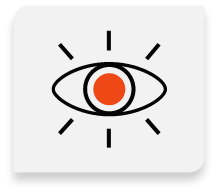
Vision
To achieve leadership in the field of Computer Science & Engineering by strengthening fundamentals and facilitating interdisciplinary, sustainable research to meet the ever-growing needs of society.
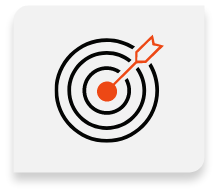
Mission
- To evolve continually as a centre of excellence in quality education in computers and allied fields.
- To develop state-of-the-art infrastructure and create environment capable for interdisciplinary research and skill enhancement.
- To collaborate with industries and institutions at national and international levels to enhance research in emerging areas.
- To develop professionals having social concern to become leaders in top-notch industries and/or become entrepreneurs with good ethics.
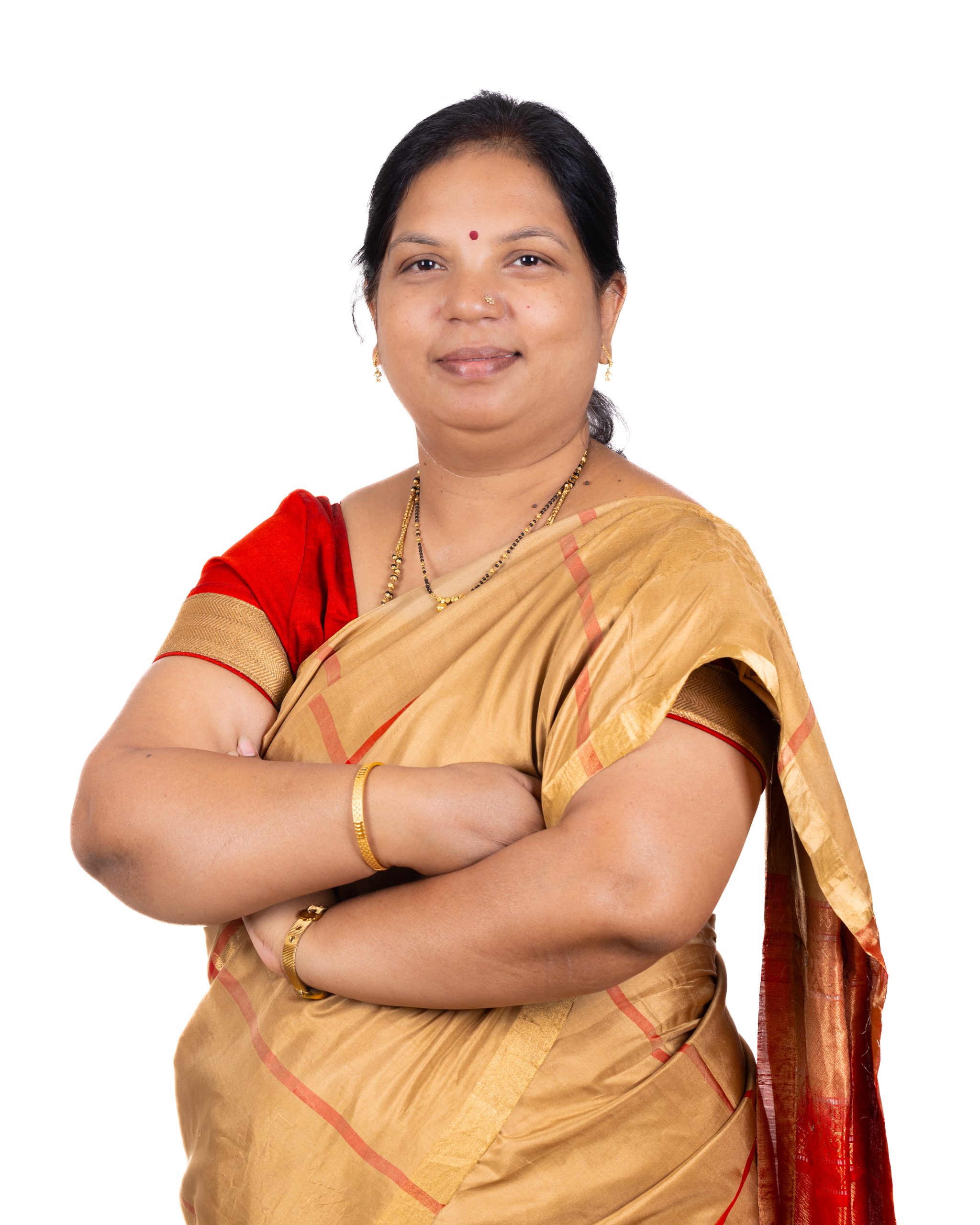
From the Desk of
Dr. Soumya A Programme Coordinator (Data Science)
Greetings and a warm welcome to the B.E. CSE – Data Science program!
In today’s digital era, data plays a pivotal role in decision-making, innovation, and transformation across all sectors. Our mission is to nurture future-ready engineers who are not only technically sound but also capable of turning data into impactful decisions and intelligent systems.
The B.E. CSE (Data Science) curriculum is thoughtfully structured to provide a robust foundation in Computer Science while acquiring comprehensive understanding in data science methodologies, tools, and technologies. From machine learning and big data analytics to programming and statistical analysis, the program bridges theoretical principles with real-world application, ensuring our students gain both knowledge and practical competence.
We place strong emphasis on innovation, industry alignment, and interdisciplinary exposure. Through hands-on projects, research opportunities, and internships, students are encouraged to solve real-world challenges and develop solutions. Our commitment to experiential learning and strong industry engagement helps students transition confidently from classroom to career.
We look forward to shaping future professionals who can lead, innovate, and contribute meaningfully to society through the power of data.
Warm regards.
Internship overview
Number of offers
Maximum stipend
Average
*Placements Ongoing
Top Recruiters & Industry Collaboration
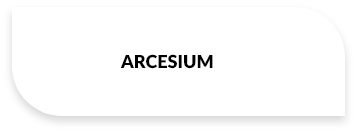




More About the
department
Programme Outcomes (PO)
Knowledge and Attitude Profile (WK)
Programme Educational Objectives (PEOs)
- PEO 1: Develop Graduates capable of applying the principles of mathematics, science, core engineering and Computer Science to solve real-world problems in interdisciplinary domains.
- PEO 2: To develop the ability among graduates to analyse and understand current pedagogical techniques, industry-accepted computing practices and state-of-the-art technology.
- PEO 3: To develop graduates who will exhibit cultural awareness, teamwork with professional ethics, effective communication skills, and appropriately apply knowledge of societal impacts of computing technology.
- PEO 4: To prepare graduates with the capability to successfully get employed in the right role / become entrepreneurs to achieve higher career goals, or take up higher education in pursuit of lifelong learning.


Programme Educational Objectives (PEOs)
- PEO 1: Develop Graduates capable of applying the principles of mathematics, science, core engineering and Computer Science to solve real-world problems in interdisciplinary domains.
- PEO 2: To develop the ability among graduates to analyse and understand current pedagogical techniques, industry-accepted computing practices and state-of-the-art technology.
- PEO 3: To develop graduates who will exhibit cultural awareness, teamwork with professional ethics, effective communication skills, and appropriately apply knowledge of societal impacts of computing technology.
- PEO 4: To prepare graduates with the capability to successfully get employed in the right role / become entrepreneurs to achieve higher career goals, or take up higher education in pursuit of lifelong learning.

Programme Specific Outcomes (PSO)
- PSO1 – System Analysis and Design
The student will be able to:
1. Recognise and appreciate the need of change in computer architecture, data organisation and analytical methods in the evolving technology.
2. Learn the applicability of various systems software elements for solving design problems.
3. Identify the various analysis & design methodologies for facilitating development of high quality system software products with focus on performance optimisation.
4. Display team participation, good communication, project management and document skills.
- PSO2 – Product Development
The student will be able to:
1. Demonstrate the use of knowledge and ability to write programmes and integrate them with the hardware/software products in the domains of embedded systems, databases /data analytics, network/web systems and mobile products.
2. Participate in planning and implement solutions to cater to business–specific requirements, displaying team dynamics and professional ethics.
3. Employ state-of-the-art methodologies for product development and testing/validation with a focus on optimisation and quality-related aspects.

Programme Specific Outcomes (PSO)
- PSO1 – System Analysis and Design
The student will be able to:
1. Recognise and appreciate the need of change in computer architecture, data organisation and analytical methods in the evolving technology.
2. Learn the applicability of various systems software elements for solving design problems.
3. Identify the various analysis & design methodologies for facilitating development of high quality system software products with focus on performance optimisation.
4. Display team participation, good communication, project management and document skills.
- PSO2 – Product Development
The student will be able to:
1. Demonstrate the use of knowledge and ability to write programmes and integrate them with the hardware/software products in the domains of embedded systems, databases /data analytics, network/web systems and mobile products.
2. Participate in planning and implement solutions to cater to business–specific requirements, displaying team dynamics and professional ethics.
3. Employ state-of-the-art methodologies for product development and testing/validation with a focus on optimisation and quality-related aspects.
Scheme and Syllabus
First Year
Second Year
Third Year
Fourth Year
Scheme and Syllabus
Second Year
Third Year
Fourth Year
B.E.-CSE Curriculum Structure (160 Credits)
Curriculum Component
Curriculum Content (% of total number of credits of the program)
Total Number of Contact hours
Total Number of Credits
Basic Sciences
Xxxxx Xxxxxx
Xxxxx Xxxxxx
Xxxxx Xxxxxx
Basic Engineering
Xxxxx Xxxxxx
Xxxxx Xxxxxx
Xxxxx Xxxxxx
Humanities & Social Science
Xxxxx Xxxxxx
Xxxxx Xxxxxx
Xxxxx Xxxxxx
Program Core
Xxxxx Xxxxxx
Xxxxx Xxxxxx
Xxxxx Xxxxxx
Program Electives
Xxxxx Xxxxxx
Xxxxx Xxxxxx
Xxxxx Xxxxxx
Open Electives
Xxxxx Xxxxxx
Xxxxx Xxxxxx
Xxxxx Xxxxxx
Project(s)
Xxxxx Xxxxxx
Xxxxx Xxxxxx
Xxxxx Xxxxxx
Intership/Seminars
Xxxxx Xxxxxx
Xxxxx Xxxxxx
Xxxxx Xxxxxx
Any other (Please specify)
Xxxxx Xxxxxx
Xxxxx Xxxxxx
Xxxxx Xxxxxx
Total number of Credits:
Xxxxx Xxxxxx
B.E.-CSE Curriculum Structure (160 Credits)
Xxxxx Xxxxxx
Xxxxx Xxxxxx
Total Number of Credits
Curriculum Component
Basic Sciences
Curriculum Content (% of total number of credits of the program)
Xxxxx Xxxxxx
Total Number of Contact hours
Xxxxx Xxxxxx
Total Number of Credits
Xxxxx Xxxxxx
Curriculum Component
Basic Engineering
Curriculum Content (% of total number of credits of the program)
Xxxxx Xxxxxx
Total Number of Contact hours
Xxxxx Xxxxxx
Total Number of Credits
Xxxxx Xxxxxx
Curriculum Component
Humanities & Social Science
Curriculum Content (% of total number of credits of the program)
Xxxxx Xxxxxx
Total Number of Contact hours
Xxxxx Xxxxxx
Total Number of Credits
Xxxxx Xxxxxx
Curriculum Component
Program Core
Curriculum Content (% of total number of credits of the program)
Xxxxx Xxxxxx
Total Number of Contact hours
Xxxxx Xxxxxx
Total Number of Credits
Xxxxx Xxxxxx
Curriculum Component
Program Electives
Curriculum Content (% of total number of credits of the program)
Xxxxx Xxxxxx
Total Number of Contact hours
Xxxxx Xxxxxx
Total Number of Credits
Xxxxx Xxxxxx
Curriculum Component
Basic Sciences
Curriculum Content (% of total number of credits of the program)
Xxxxx Xxxxxx
Total Number of Contact hours
Xxxxx Xxxxxx
Total Number of Credits
Xxxxx Xxxxxx
Curriculum Component
Open Electives
Curriculum Content (% of total number of credits of the program)
Xxxxx Xxxxxx
Total Number of Contact hours
Xxxxx Xxxxxx
Total Number of Credits
Xxxxx Xxxxxx
Curriculum Component
Open Electives
Curriculum Content (% of total number of credits of the program)
Xxxxx Xxxxxx
Total Number of Contact hours
Xxxxx Xxxxxx
Total Number of Credits
Xxxxx Xxxxxx
Curriculum Component
Intership/Seminars
Curriculum Content (% of total number of credits of the program)
Xxxxx Xxxxxx
Total Number of Contact hours
Xxxxx Xxxxxx
Total Number of Credits
Xxxxx Xxxxxx
Curriculum Component
Any other (Please specify)
Curriculum Content (% of total number of credits of the program)
Xxxxx Xxxxxx
Total Number of Contact hours
Xxxxx Xxxxxx
Total Number of Credits
Xxxxx Xxxxxx
Total number of Credits:
Xxxxx Xxxxxx
TOP CARRER OPTIONS
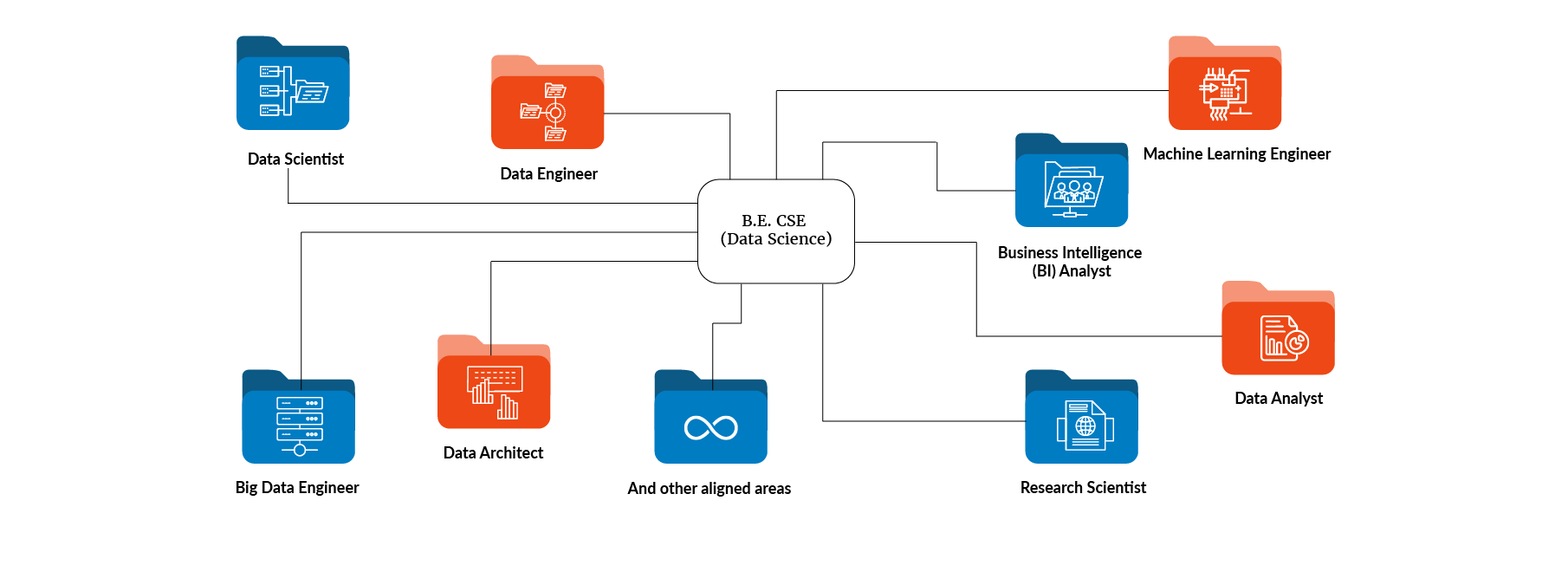
Research
Industry Sponsored Projects
Consultancy
Address:
RV College of Engineering, RV Vidyanikethan Post, Mysuru Road, Bengaluru – 560 059
Principal’s Office
Dr. K.N. Subramanya
Principal
RV College of Engineering
Phone no:
+91-080-68188100 / 8111
principal@rvce.edu.in
